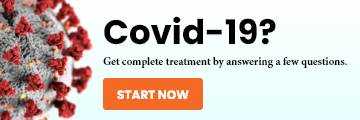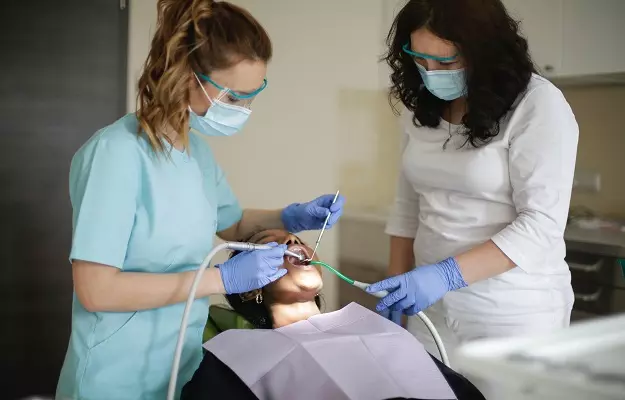The spread of COVID-19 infection has been rapidly increasing in the world; as of 14 April 2020, more than 1.9 million cases have been reported across the globe. Doctors and medical staff have been working day and night to take care of COVID-19 positive patients. All the hospital outpatient departments (OPDs) have been shut to reduce the spread of infection amongst the population.
Amid these exemplary preventive measures, the Centers for Disease Control and Prevention (CDC) of the United States recommended that dentists should postpone elective procedures (such as cosmetic procedures), surgeries, and non-urgent dental visits as various studies have confirmed that many dental procedures produce aerosols and droplets that can be contaminated with the virus.
The dentists are urged to prioritize emergency visits and procedures during the COVID-19 outbreak as it is hard to avoid the production of large amounts of aerosol and droplet which can get mixed into a patient’s saliva and blood during dental procedures.
The high-speed dental hand-piece use gas to drive the turbine which helps it to rotate at high speed and work with running water. When these dental devices operate on a patient’s tooth, a large amount of aerosol and droplets are generated. These particles can splash over the dentist and have the ability to stay in the surroundings for an extended period of time.
Here in this article, we will tell you about the things a dentist should do in order to protect themselves from the COVID-19 infection while performing necessary dental procedures.




























